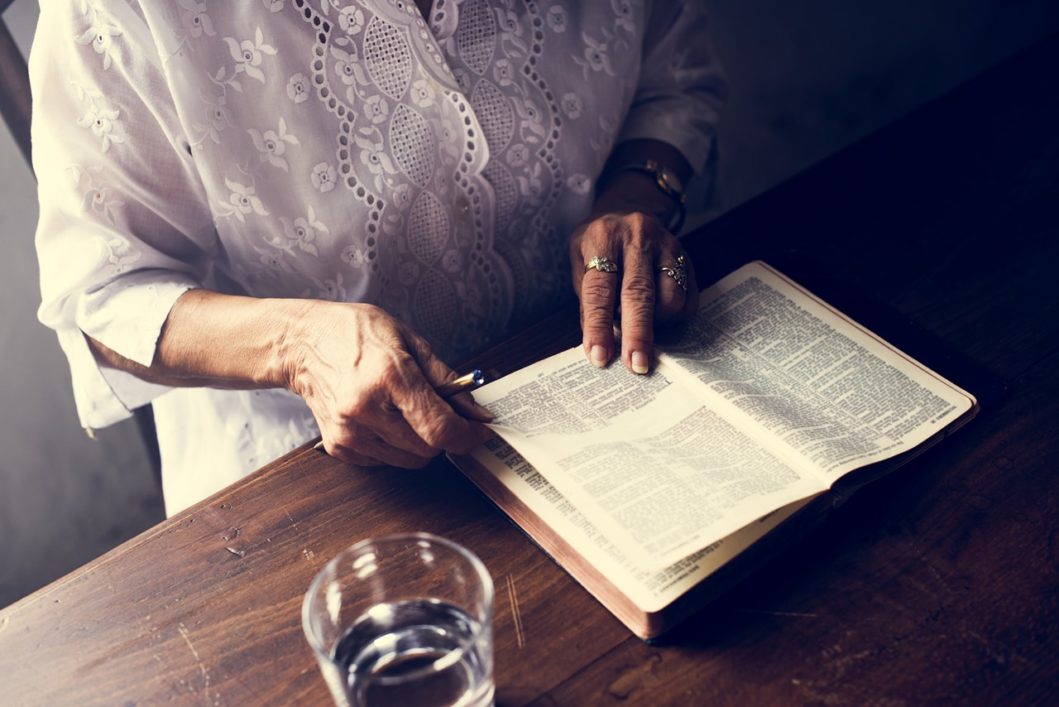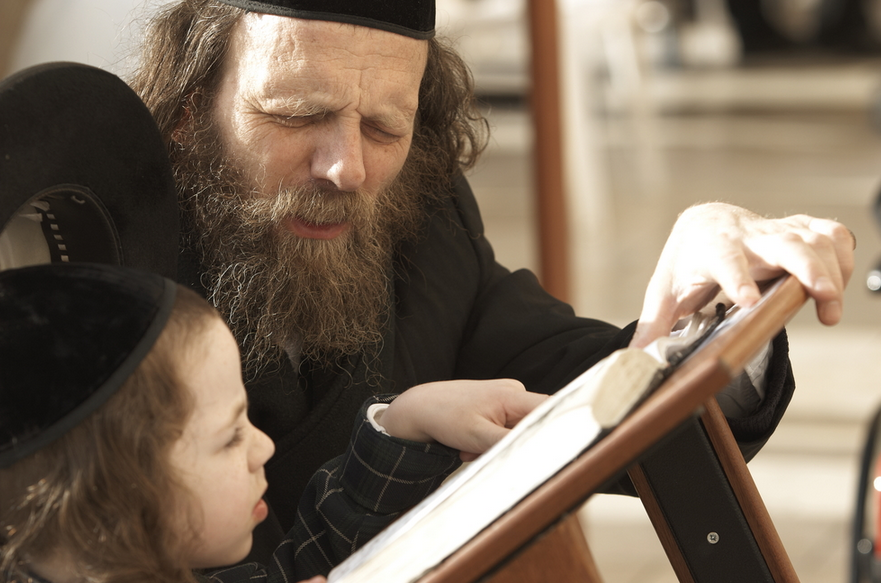Religion plays a very important role in connecting the youth and people with community service. It forms the identity of a person. It motivates people to get involved in community service by adopting a religious rationale. A lot of empirical data shows that people who take religion seriously are passionately engaged in the betterment of communities and people. Religious community service is a faith-based volunteer work that is dedicated to respecting and assisting the people of God without being impartial and doing it all with the utmost reverence for God.
A study at the National Study of Youth and Religion found out a positive correlation between religious commitment and civic volunteerism among senior high school students. The value of giving that motivates a person to go for community service and help others are deeply embedded in the texts, traditions, and practices of many faiths. There is a strange paradox to generosity, the people who give receive, and the ones who take eventually loose. One should not focus on the magnitude of the efforts, but instead how they’re contributing by avoiding humiliation and superiority and being humble is what makes a difference.
Religion – A great asset to Humanitarian work
During many global epidemics, there has been a great success of the local programs through the help of local faith communities realized by the development community. The goal of religious community service is not just limited to what it brings to people, but also on human interaction and awareness about the community. Faith has been the chief motivator for the people who either provide funds or those who offer their services to fight issues in different parts of the world.
Role of religion
The word religion has been derived from “religion” meaning that which binds together. So, religion plays a role in building strong communities. But for religion to be a cohesive force, it must be inclusive and universal. Religion provides moral, psycho-social and spiritual support for people, helps them make a sense of their own lives as well as their role in their communities. It helps create a community of like-minded people-oriented by faith ready to help others, and care for them. It also makes people take responsibility for those who are weak and less privileged in the society.
Other than motivating people to serve others, it provides organizational structures that let people do their community service work and strengthen the communities. Studies show that the majority of the people who do charitable and volunteer work do so through these religious organizations.


